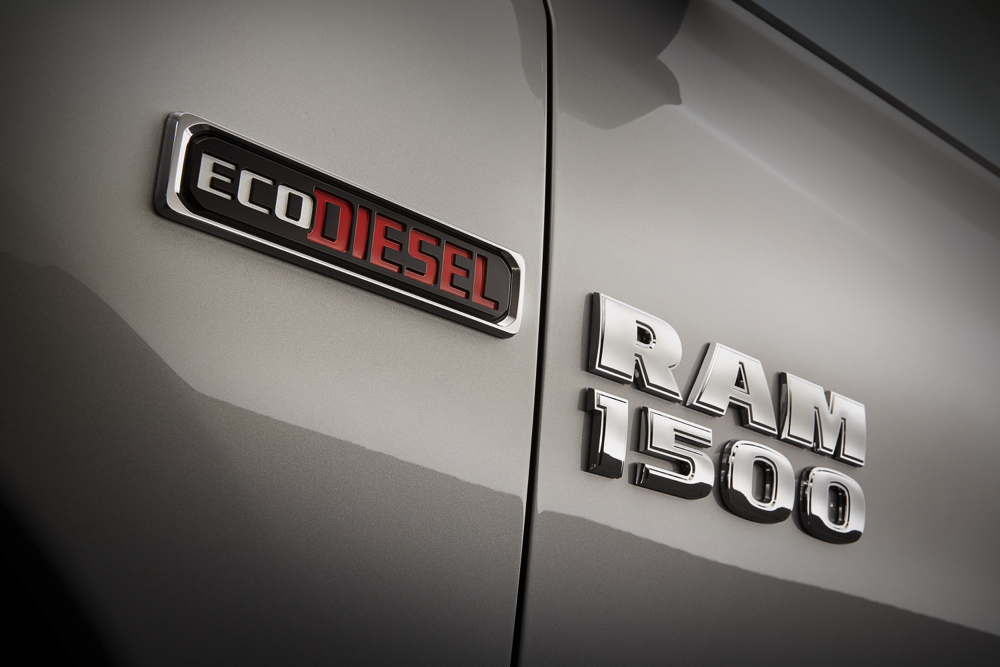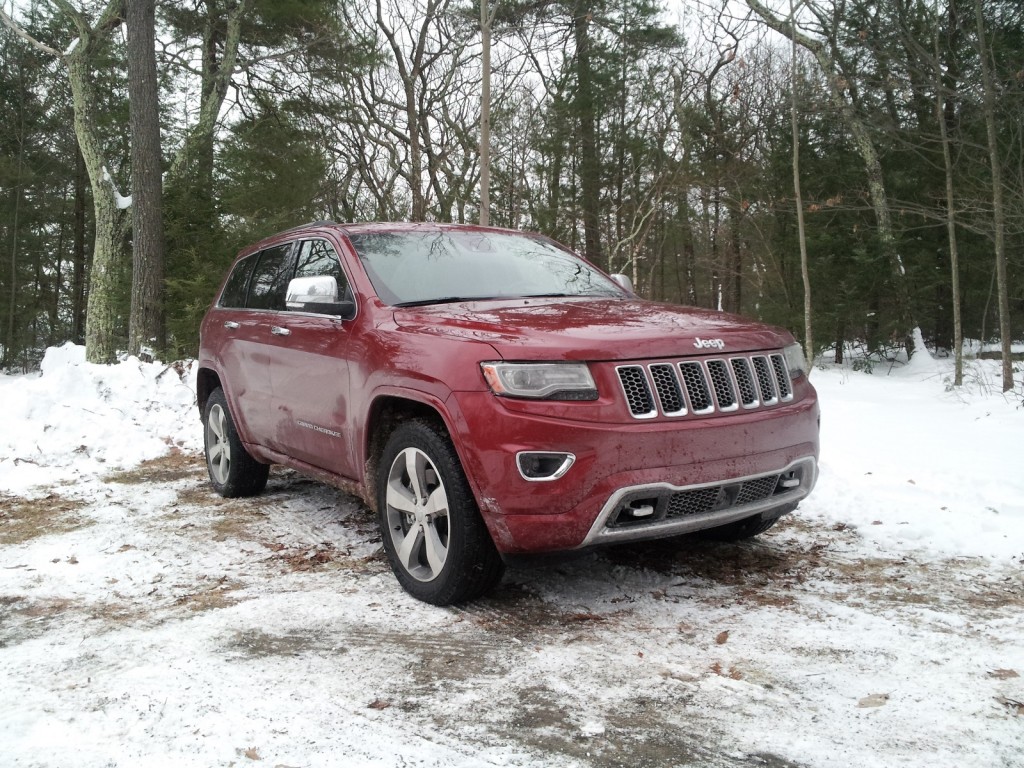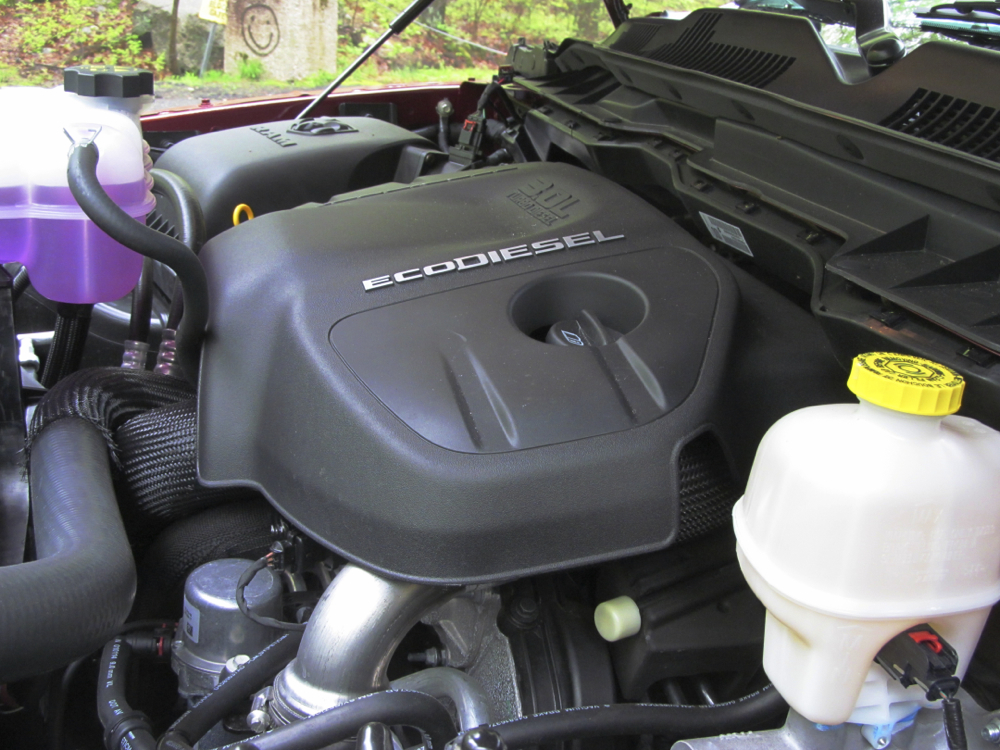The U.S. Justice Department sued Fiat Chrysler Automobiles yesterday over allegations that diesel engines in its light-duty trucks included equipment to defeat Environmental Protection Agency emissions tests.
First reported as impending last week, the suit alleges that FCA fitted up to eight so-called Auxiliary Emission-Control Device software routines that disable emission controls and boost performance, which the company's engineers have not been able to explain to regulators.
While AECDs can be legal if fully disclosed to regulators when vehicles are submitted for emission certification, FCA appears not to have done so.
DON'T MISS: EPA says Ram, Jeep diesel emission software violates Clean Air Act (updated)
In a statement released last week, Fiat Chrysler denied any wrongdoing.
It also said it had modified the engine- and emission-control software in its latest 2017 EcoDiesel vehicles and submitted the updated vehicles to the EPA for recertification.
The EPA claims Fiat Chrysler sold 104,000 vehicles with AECDs that the automaker did not disclose to regulators, a violation of the Clean Air Act, according to a report in The Detroit News.

2015 Ram 1500 EcoDiesel HFE
The company said the equipment and programming that had been included on earlier Jeep and Ram EcoDiesel models was designed to prolong engine life, not to outmaneuver the EPA.
AECDs are often used to protect the engine and its emission aftertreatment systems from damage under extreme use cases.
One example might be a cold start in sub-freezing weather, followed by full-throttle acceleration to 75 mph, which demands maximum performance before emission-control systems have warmed up to proper operating temperatures.
Volkswagen scandal
While some parallels exist between the Volkswagen diesel scandal and alleged wrongdoing by Fiat Chrysler, Volkswagen ultimately admitted to cheating on emissions tests, while Fiat Chrysler maintains its software routines were legal and abide by all current regulations.
In 2015, regulators found certain diesel Volkswagen models were equipped with software that allowed the vehicles to pass emissions tests, but the software turned off in normal driving scenarios.
That ultimately snowballed into a global scandal that has cost VW Group more than $20 billion and ended the development of new diesel vehicles from Volkswagen, Audi, and Porsche for the U.S. market.

2014 Jeep Grand Cherokee EcoDiesel, Catskill Mountains, NY, Jan 2014
Meanwhile, Fiat Chrysler has filed a new application seeking diesel-vehicle emissions certification with the EPA and the powerful California Air Resources Board for its 2017 Jeep Grand Cherokee and Ram EcoDiesel models.
Should those vehicles pass their certifications, Fiat Chrysler says it will recall and update all 2014 through 2016 EcoDiesel models with the same engine-management software.
The 3.0-liter, turbodiesel V-6 engine in question has repeatedly made the Wards 10 Best Engines list, due in part to its more than 400 pound-feet of torque and EPA highway ratings of up to 29 mpg in certain vehicles.
MORE: Cost to make FCA diesels emission-compliant in Europe: half a billion dollars
But more stringent EPA enforcement on diesel emissions and lawsuits like this one may have put a damper on other automakers' diesel plans.
Bloomberg reports Mercedes-Benz recently stopped pursuing certification for its 2017 diesel C-Class sedan and GLE SUV.
BMW, on the other hand, is pressing forward with plans to sell a few models with a diesel-engine option.

2014 Ram 1500 EcoDiesel, Bear Mountain, May 2014
If found guilty, Fiat Chrysler could face fines of up to $44,539 per vehicle, or around $4.6 billion.
An EPA spokesperson declined to comment on the situation.
EDITOR'S NOTE: This story was originally published on May 22 with the headline, "U.S. planning to sue Fiat Chrysler over diesel emissions: report." The suit was subsequently filed a day later, on May 23, and we have updated the story accordingly.
_______________________________________












